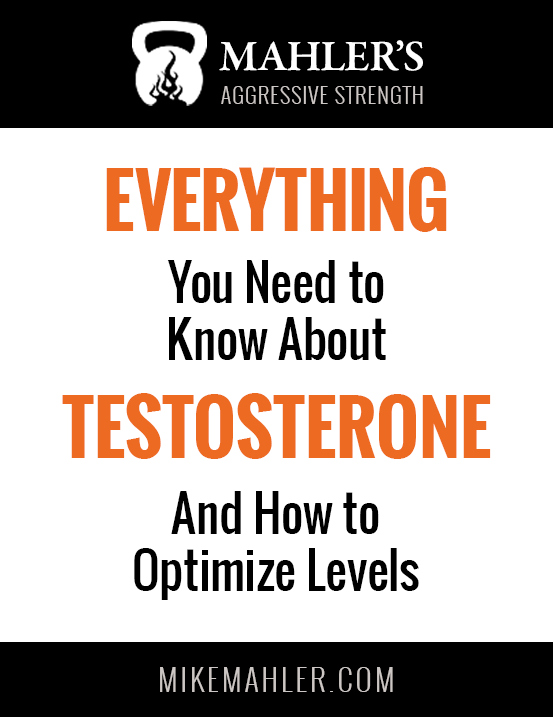The simple answer is no I do not but there may be some other benefits that warrant utilizing HMB supplementation. HMB is a metabolite of the branch chain amino acid leucine and while it is not as effective as the much cheaper leucine for increasing protein synthesis and in turn supporting muscle building it may have stronger anti-catabolic effects and in turn, slow down the rate of muscle loss.
The possible anti-catabolic effects of HMB are particularly useful if you’re injured or ill and can’t engage in resistance training. In addition, a healthy appetite generally takes a hit when you’re ill as digestion requires a great deal of energy and your body rather conserve energy to prioritize fighting off the virus or bacterial infection. Being sedentary and having no appetite for a prolonged period of time will most certainly lead to muscle loss and this is where supplementing with three grams of HMB daily may be effective.
HMB may also be effective for older trainees as loss of muscle is a common side effect of the aging process. Although, I think this loss can be mitigated by staying active as you age, managing stress effectively, and prioritizing hormone optimization. The loss of muscle is likely due to reduced production of testosterone and growth hormone as well as many other important hormones so keeping anabolic hormones in youthful ranges should be paramount to anyone who wants to age as gracefully as possible.
HMB supplements are expensive which is not a big deal if they actually work as many including myself are happy to pay for high-quality products if they offer compelling benefits. However, outside of the situations already mentioned I don’t think the usage of HMB supplements is warranted. Leucine, on the other hand, should be considered seriously by anyone interested in building muscle. If you’re eating adequate amounts of protein every day then adding a supplement may be redundant but there still may be merits to consuming an extra five to ten grams daily from leucine supplements especially post-workout to increase protein synthesis. Utilizing supplemental leucine also helps ensure that you’re consuming enough on a daily basis.
Some research suggests that the minimum dosage of leucine for protein synthesis is .55mg per kg of bodyweight. Using my own body weight of 93 kg as an example, the recommended daily intake of leucine would be around five grams per day which is certainly achievable through a healthy diet. However, given how inexpensive leucine is adding five grams a day is an effective measure to ensure I am getting adequate intake. Also, five grams would be the minimum I should consume daily not the ideal dosage for a maximum benefit which may be much higher at 10 to 20 grams a day depending on the intensity of the training program and desired goals.
My recommendation is to start with five to ten grams of leucine per day. On days you train take 2.5 to 5 grams right after your workout (can also be added to your post-workout protein shake) and another 2.5 to 5 grams before bedtime On days you don’t train just take 2.5 to 5 grams in the morning and before bedtime. Monitor your results for a month and gradually increase the dosage if you fail to experience an improvement in building size and strength. Additional leucine intake may also help reduce body fat as well which is always a nice plus.
Bulk nutrition offers a viable option for leucine supplementation at Amazon.

